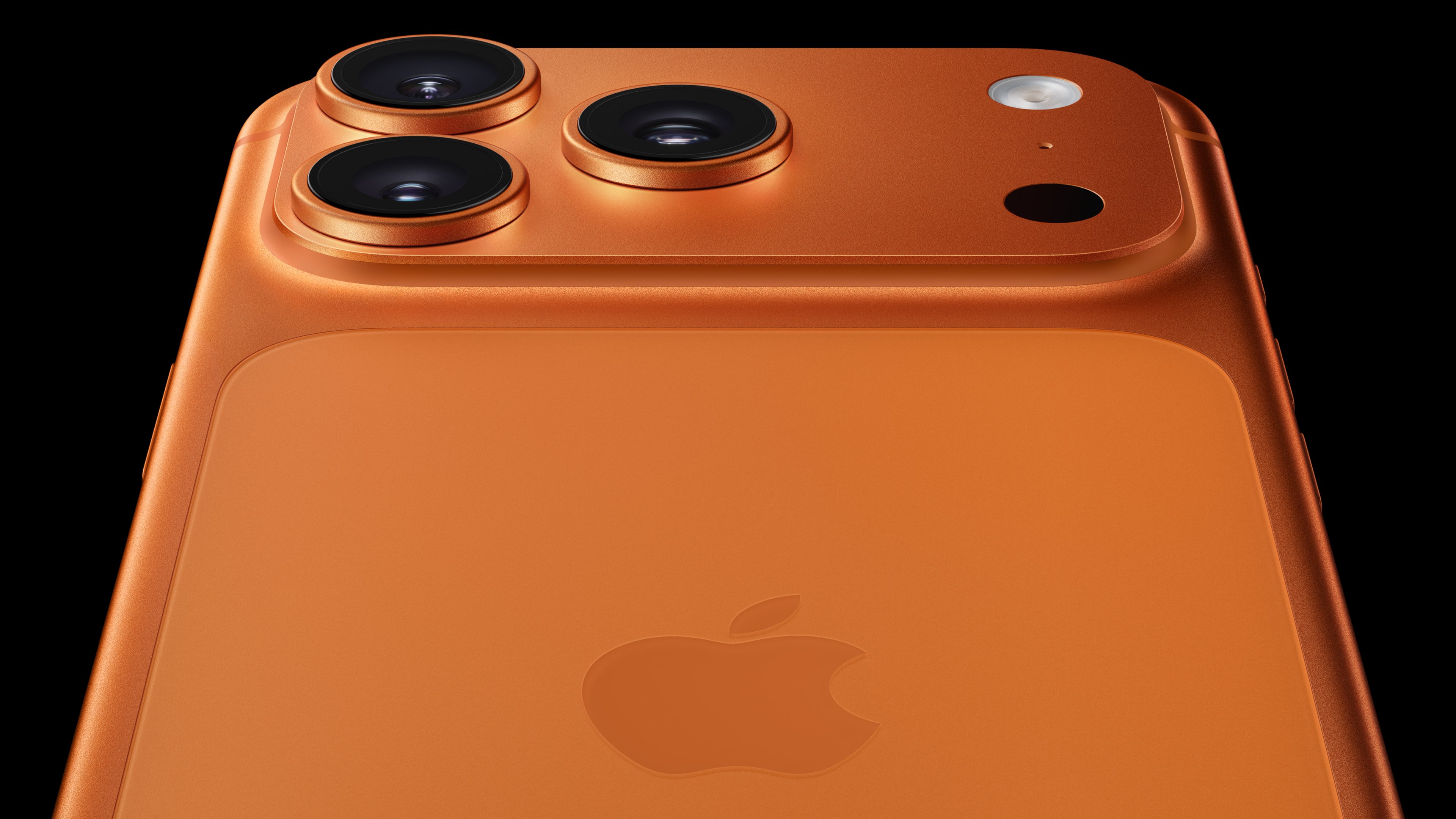
Image source: Apple.
There's been a lot of talk that Apple (AAPL 0.75%) might host a product event in March. The two products most likely to get some attention are an Apple Watch 2 and a possible 4-inch iPhone 6c, although there are a few other possibilities of what the Mac maker might have in store. Well, the latest rumor is that a full-fledged Apple Watch 2 refresh might take a little bit longer.
Worth the wait?
TechCrunch is reporting that there are recent indications that the next version of Apple Watch may only include very minor updates. Supply-chain rumblings also suggest that there hasn't been a lot of activity when it comes to component orders, and Apple should be increasing component orders if it's preparing to ramp up for a major product refresh in just a matter of months. In fairness, the component order ramp for the current Apple Watch was fairly modest because of the relatively lower volume levels compared with the iPhone or iPad. There's a possibility that Apple might only add a FaceTime camera, with a larger hardware update to come at a later time.
Hare are a few reasons it's perfectly fine if the Apple Watch 2 timing is pushed out a bit.
Upgrade priority
First off, because of the nascent nature of the smartwatch market, no one has any idea of what the typical upgrade cycle will look like. The iPad was released nearly six years ago, and Apple is still trying to figure out what the average upgrade cycle is. The uncertainty around iPad upgrades is one reason iPad unit sales have been trending lower for the past couple of years, combined with the fact that tablets have lower upgrade priority than smartphones and laptops.
I think it's safe to say that smartwatches will categorically have even lower upgrade priority than tablets, which suggests that there should be no rush to release an Apple Watch 2 until it's ready. There's no compelling reason Apple would feel obligated to adopt a one-year product cycle, particularly as the company has demonstrated that it doesn't need to do so with the iPad, either. Apple didn't upgrade the iPad Air 2 at all in 2015, for instance.
More time to work on features
The current Apple Watch's reception has been mixed as well, and while there are some obvious areas where Apple could focus on (such as battery life), some of these may take more development time. You could also argue that some of the Apple Watch's weaknesses relate to third-party developers. Plenty of apps suffer from poor performance because they haven't been updated to native apps, and there's only so much Apple can do to push them on this front.
If Apple needs more time to make the use case more compelling, it should take it.
Cycle timing
We're now coming out of a busy holiday shopping season, and third-party estimates suggest that Apple Watch was quite a popular gift over the holidays. It's never a good feeling to get a brand-new gadget only to see it updated just months later, and now all of a sudden you have a "previous-generation" model. This could even be why Apple transitioned away from spring iPad updates years ago.
This is particularly potent considering how unique Apple Watch pricing is. Since Apple has worked very hard to position Apple Watch as a fashion item, and priced it accordingly, it would make sense to give the product a longer cycle, since all of the users who paid up for higher-end models solely for aesthetic value would get more mileage out of that premium. Balancing fashion (where high-value items retain value very well) and technology (where high-value items depreciate very quickly) is a hard thing to do.






